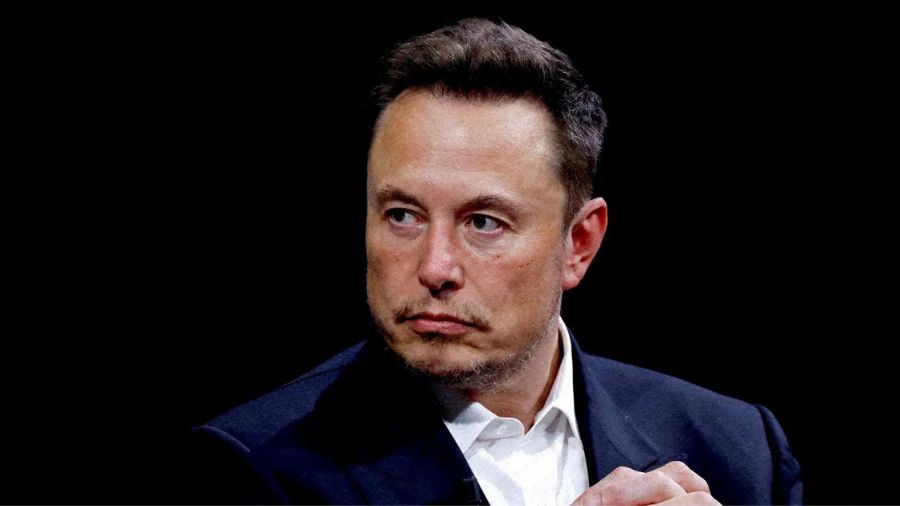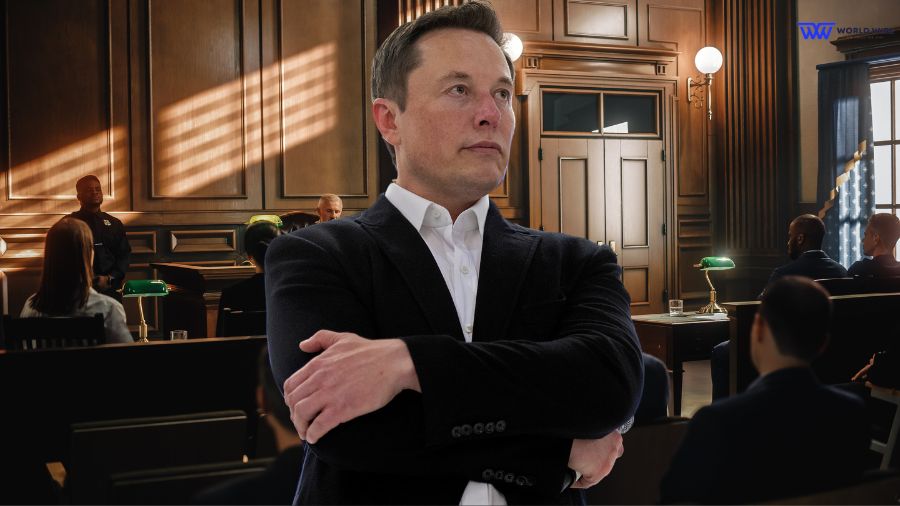A standoff between billionaire Elon Musk and Brazilian authorities escalated significantly, as reported on April 7 from Brasilia.
The tension was highlighted when a Supreme Court judge in Brazil launched an investigation into Musk for his decision to reactivate accounts on the social media platform X, formerly known as Twitter, that the court had ordered blocked.
The root of the conflict lies in Justice Alexandre de Moraes’ decision to block certain accounts on X, a move Musk has openly opposed.
Musk, who owns X and is a determined advocate for “free speech absolutism,” announced that X, formerly known as Twitter, would lift all the restrictions because they were unconstitutional and called on Moraes to resign.
Musk’s defiance did not go unnoticed by the Brazilian judiciary. X’s disclosure about the blockage came late on Saturday. Yet, details about the timing and the specific accounts targeted remained under wraps.
Justice Moraes, known for his rigorous investigations into online misconduct, particularly during the administration of former President Jair Bolsonaro, has now included Musk in his ongoing investigations.
These investigations aim to curb the spread of misinformation and malicious content online. In a Saturday evening post on X, Musk criticized Moraes, saying, “This judge has applied massive fines, threatened to arrest our employees, and cut off access to X in Brazil.”
Musk’s post underscored the severe implications of complying with the court’s orders, suggesting a significant financial hit for X in Brazil and the potential closure of its local operations.
He emphasized, “As a result, we will probably lose all revenue in Brazil and have to shut down our office there. But principles matter more than profit.”
To counter Musk’s non-compliance, Justice Moraes broadened his inquiry to encompass Musk, examining what he termed an “obstruction of justice.”

Moraes clarified with his statement, “X shall refrain from disobeying any court order already issued, including performing any profile reactivation that has been blocked by this Supreme Court.”
Moraes also specified a daily fine of 100,000 reais ($19,740) if X fails to comply with the order to block certain accounts.
The government led by President Luiz Inacio Lula da Silva, which leans towards the left, expressed its support for Moraes, with Solicitor General Jorge Messias condemning Musk’s stance.
Messias highlighted the issue in a post on X, stating, “We cannot live in a society in which billionaires domiciled abroad have control of social networks and put themselves in a position to violate the rule of law, failing to comply with court orders and threatening our authorities.”
This incident is part of a broader effort to combat the rampant spread of so-called fake news and hate speech on digital platforms in Brazil.
It recalls previous instances where X, under Musk’s leadership, was monitored for not acting on over 500 requests from Brazil’s Justice Ministry to remove content that could incite violence in schools.
X has previously complied with requests to limit access to content in other countries, such as Turkey and India.
However, the platform maintains its position on contesting orders, which it views as contradictory to the principles of free expression and the internet’s civil framework in Brazil.
An X’s Global Government Affairs account post clarified, “We believe that such orders are not in accordance with the Marco Civil da Internet or the Brazilian Federal Constitution, and we challenge the orders legally where possible.”
This incident underscores the complex interaction between global technology companies and national legal systems, highlighting the ongoing debate around digital rights, freedom of speech, and the role of judicial bodies in regulating online spaces.
For more tech-related news, follow World-Wire.
Enter your email to stay updated with offers
If you can’t see the form above, click here to open the form.







Add Comment